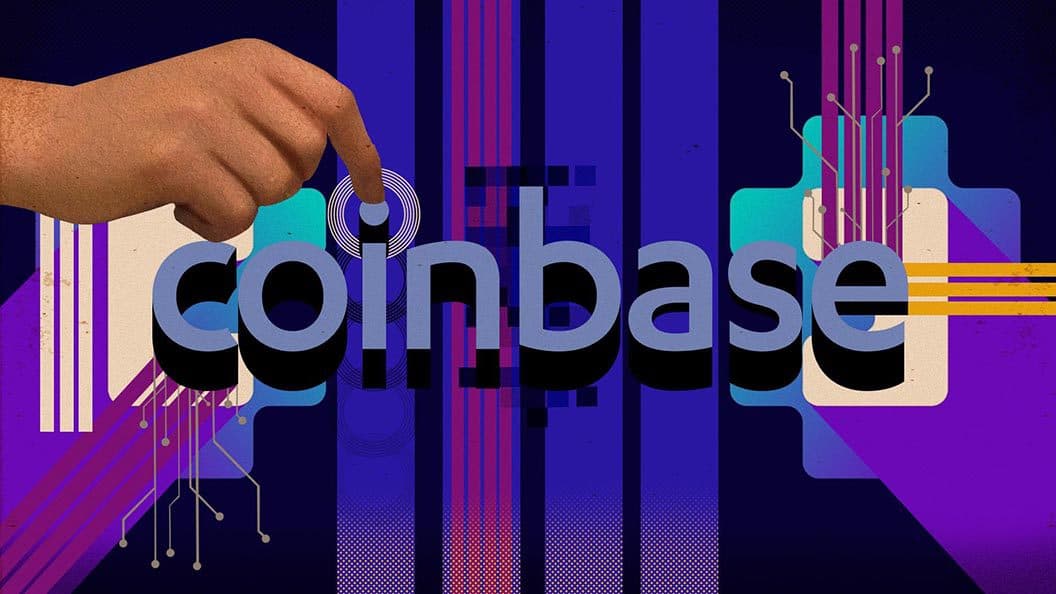Coinbase Proposes Digital Asset Policy to Help Chart Regulatory Course
While Coinbase has shared the initiative, it is not just about Coinbase, but the collective industry and aims to be inclusive and democratic, CEO Brian Armstrong said.

Blockworks exclusive art by axel rangel
- The separate proposed framework would be guided by three goals of enhancing transparency, disclosing requirements and protecting users against fraud and market manipulation
- In hosting the policy on GitHub, Coinbase is opening up the conversation to the rest of the industry
Coinbase launched its Digital Asset Policy Proposal (dApp) in hopes of defining the regulation of cryptocurrency and Web3 in the US, the company’s CEO Brian Armstrong said in a tweet on Thursday.
The proposal, formally known as the “Digital Asset Policy Proposal: Safeguarding America’s Financial Leadership” is hosted on GitHub and aims to spark conversation about regulating crypto through a high-level view of changing the financial institutions that exist today, instead of nitpicking specific products or actions, Armstrong wrote in an opinion article on Wall Street Journal Thursday.
“It’s critical to bring clarity to this space,” Armstrong tweeted.
While Coinbase has shared the initiative, it is not just about Coinbase, but the collective industry and aims to be inclusive and democratic, Armstrong said.
“Our policy proposal is about enabling more crypto startups, getting the average consumer access to better financial services, and helping America stay at the forefront of innovation, entrepreneurship and technology,” Armstrong wrote.
Some of the key points in the proposal include: the US government should regulate digital assets under a new framework, which Coinbase referred to as MDAs. It said that the responsibility for the new framework should be upon one single federal regulator to provide better supervision.
Additionally, the separate proposed framework would be guided by three goals of enhancing transparency, disclosing requirements and protecting users against fraud and market manipulation. Lastly, the proposal states that there should be fair competition and the new proposed regulatory framework should encourage communication and interoperability.
Hong Fang, CEO of OKCoin, previously told Blockworks that regulating the industry is a complicated issue and it would be harmful if Coinbase is the only company with a voice.
In hosting the policy on GitHub, Coinbase is opening up the conversation to include the rest of the industry — something that Emilie Choi, chief operating officer of the company confirmed during last month’s Mainnet event in New York City.
“We are regulated, I think, by more than 50 regulators right now, I think it’s actually much more than that,” she said. “If we’re struggling with this, then what is your audience going to be able to do? That’s part of the reason that we felt the need to be a little bit more public about this and figure out what works for everyone.”
During The Best Business Show with Anthony Pompliano in September, Armstrong shared that he viewed the intense demand for regulation in crypto to be a “positive trend.” But, he noted that whenever he visits Washington DC, many people he speaks to look at the crypto industry as a risky sector for illicit activities, Blockworks reported. With that said, Armstrong believes the other half of regulators realize crypto is a hugely important industry for the US.
“If someone won’t meet with us to have a conversation, my optimistic view is that we can change that. My hope is it’s still on the table. But if I can’t get that, I’m just going to go out publicly and talk about it. I think it’s a form of accountability,” Armstrong said at the time.
Are you a UK or EU reader that can’t get enough investor-focused content on digital assets? Join us in London on November 15th and 16th for the Digital Asset Summit (DAS) London. Use code ARTICLE for £75 off your ticket. Buy it now.






